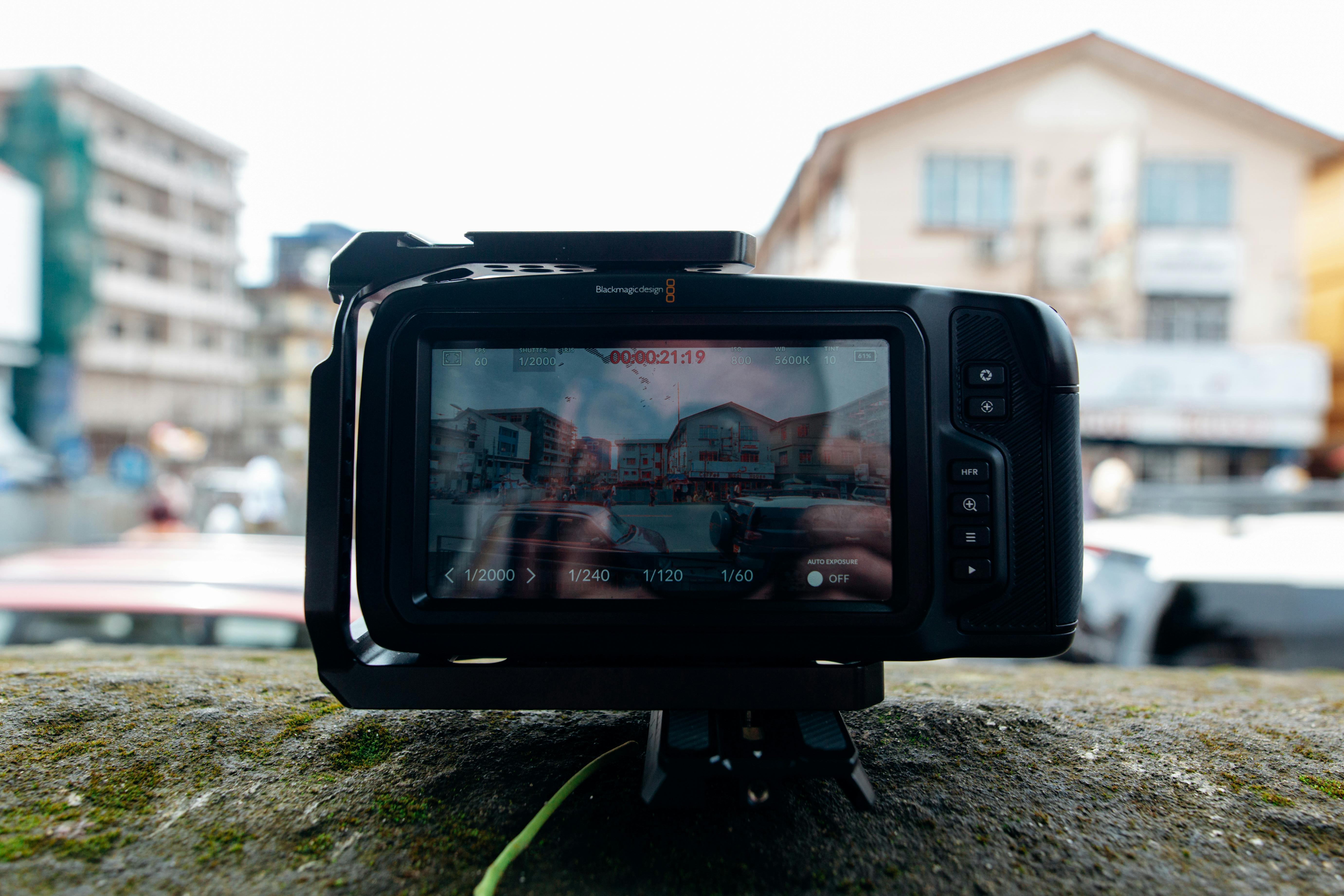Once the invasion occurs, people react in one of four ways; withdrawal, isolation, territorial defense and linguistic collusion. Retreat is getting away from the invader. Isolation is the construction of limits for invaders. The defense of the territory is when the owner expels the invader. Linguistic collusion is the verbal attack of the invader to make him feel unwanted and unjustified. A person reacts differently depending on the invader. According to the text, these are the factors that influence territorial defense. 1) Who was the invader? 2) Why did they invade? 3) What territory did they invade? 4) How did they invade? 5) How long did the invasion last? 6) Will they do it again? 7) Where did it happen? Most of this is done simultaneously. All of these factors will determine the defense and any future preventative measures taken to defend the territory.
Differences in personal space between international cultures
In the US, we are more comfortable with communicating from greater distances than in Latin America. In the US, people are uncomfortable with men holding hands, but in the Middle East, this is normal. In the US, we shake hands as a normal greeting, but in Italy; there is a hug and a kiss on the cheek. The French are like the Americans in that they are very comfortable with distance. I think the differences are too subtle to explain and it would be wrong to generalize. This is because in the US there are differences from state to state and region to region. Stereotypes have to be really examined to accurately say that all people are the same in a given place.
What effect does overcrowding in a city’s living environment have on how its citizens view personal living space?
Overcrowding or living in a high-density area, such as New York, affects the vision of territory and space. The streets and living space in New York City are very crowded and give a person a different reality than someone living in Columbia, South Carolina. In New York, someone is always there. There the defense mechanisms are different from those of someone who lives in a small town. Statistics show that high-density areas are plagued with a greater number of human problems than low-density areas. It could be assumed that this is due to the number of people and also due to the constant invasion, violation and contamination of space. This fact also leads to greater isolation. More police and security are needed in high density areas. People from high-density areas also seem less friendly. This is a coping mechanism used to living in a high density area. In addition, there is more defense of the territory and, therefore, more violence in high-density areas.
Are you looking for new methods to develop your company culture and income? Want to learn how a business coach can help you reach beyond your organizational goals and increase employee performance?
If so, please read and download my new free e-book on the benefits of business coaching.
